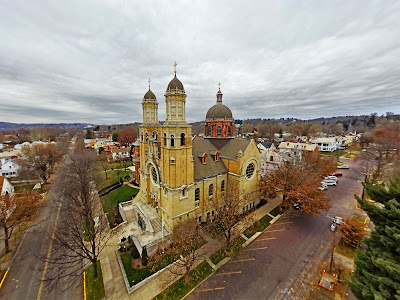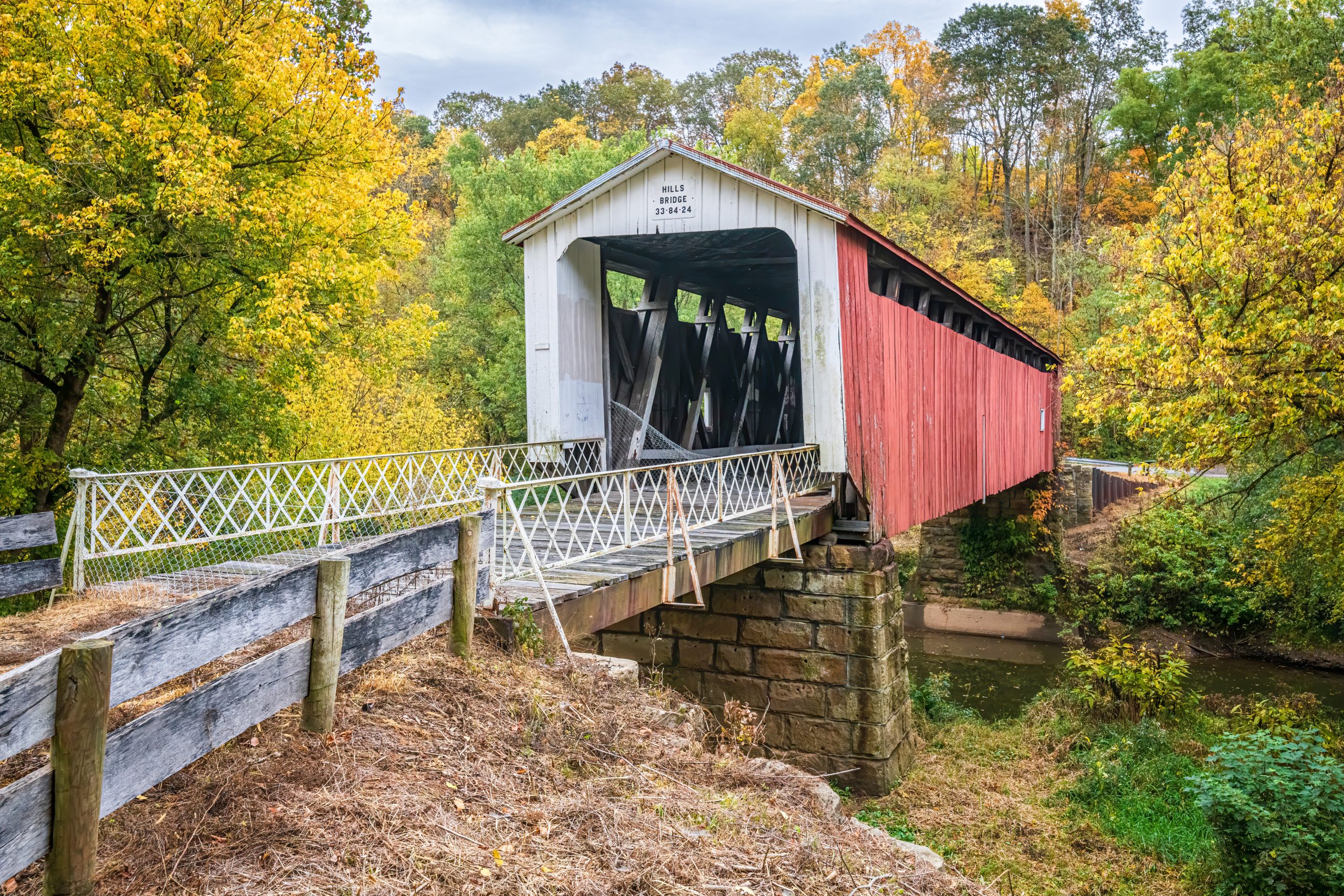The characteristic domes of the Basilica of St. Mary of the Assumption rise high above the tree-lined brick streets of ministerial section of old Marietta inviting the faithful to enter and worship.
The first catholic mass was held near this place in 1749- before the country was born- when a French expedition clebrated mass at the confluence of the Muskingum and Ohio Rivers.
Recently, the Vatican elevated St. Mary’s Church with the designation of a minor basilica- a merit bestowed on places of historic and cultural significance. This means that Pope Francis has conferred certain privileges on the church.
The Marietta landmark is one of just 80 sites in the United States to have this papal honor.
The Spanish Renaissance style church dedicated in the early 1900s rises from a platform ten feet above the street to a height of more than 100 feet. The stained glass windows, which are from Munich, Germany, came through the British blockade on continental Europe just before the First World War.
Artworks adorning the immense cathedral include four series of Biblical stories- paintings depicting the life of Christ, mixed media sculptures of the stations of the cross, and paintings representing the stations of light. The life of the Holy Mother is vividly portrayed in stained glass with the assumption coming to life in sculpture at the focus of the house of worship.
Faith was so important to Marietta’s founding fathers that they set aside a portion of town reserved for the support of religion called the ministerial section. Today this part of historic Marietta still hosts some of the most architecturally significant churches in the state.
The First Congregational Church at 318 Front Street was built in 1906 to resemble a Boston Church attended by Rufus Putnam . Both of the church buildings featured two “bell cones” or towers, which were visible from the river.
The First Unitarian Universalist Church at 232 Third Street was built in 1856 by John Slocomb. It is one of Marietta’s most stunning Gothic structures with bricks handmade from clay taken from the ancient earthworks at Sacra Via. Slocomb was also the architect of St. Lukes Episcopal Church and The Castle.
Ascending toward the heavens, the historic churches of Marietta are high in architectural splendor.
 |
| An Ariel view of The Basilica of St. Mary of the Assumption |
